Reskill to avoid AI redundancy, experts say
A panel of experts has spoken about the impact artificial intelligence could have on business

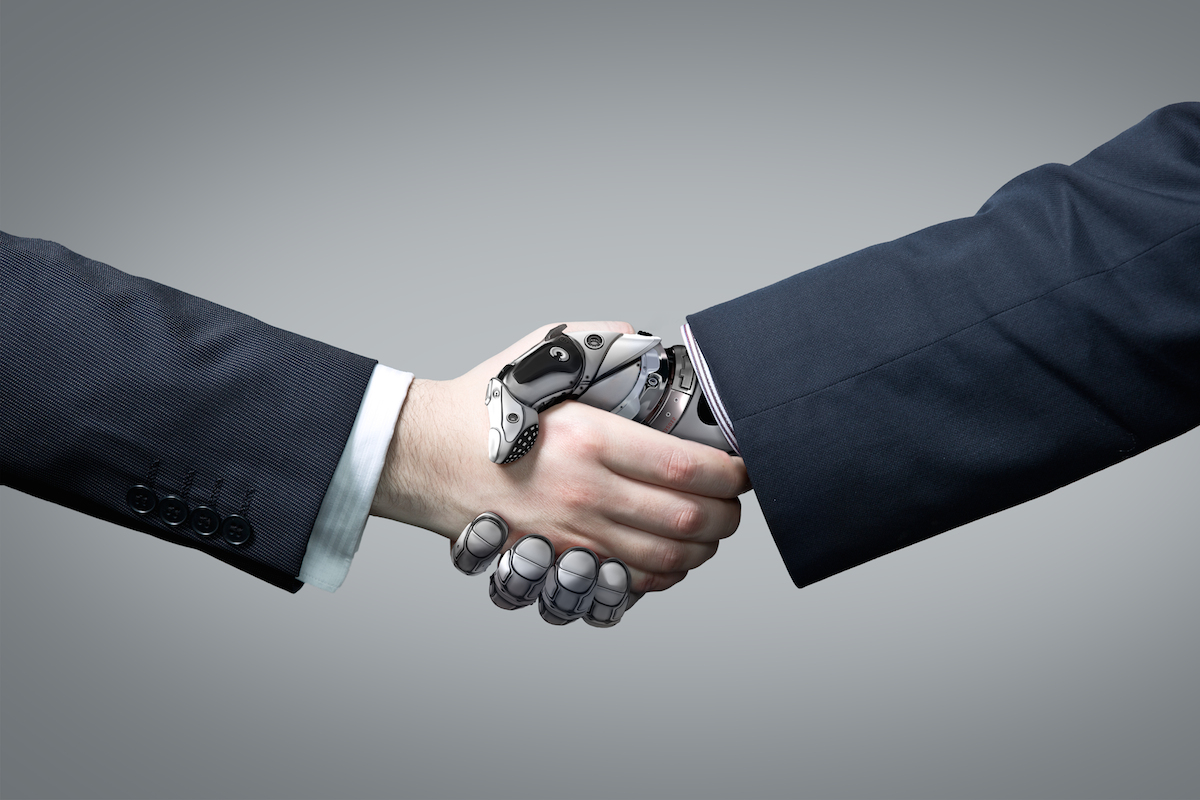
Businesses must rethink how they train employees, preparing the workforce for the day when routine tasks are more often than not able to be completed by AI systems, a panel of experts has said.
As robotics and other technologies become more intelligent, many believe human jobs will be at risk. That should be reflected in employee training, speakers said at a panel discussion hosted by ClickSoftware.
"I'm less worried about the role of educators in universities, but I am worried about everyone else's jobs," said Dan O'Hara, philosopher of technology and literary historian. "The paradox is that the consensus of the research is that what we need to be investing in over the next couple of decades is in reskilling people in higher level cognitive abilities rather than replaceable, automatable skills."
Mark Bishop, professor of cognitive computing at Goldsmiths University, agreed there was cause for alarm, but said there's much AI will never be able to do. "AI does give us some reasons as to why we should be a little bit alarmed. Clearly it presages potentially huge changes in employment practice... [But] I don't think any computer system can genuinely understand and understand meaning in the way [we] do as humans," he said.
"I don't think any computer system can genuinely understand mathematical insight or be creative in the way that we do... If I'm correct that means that there'll always be a gap between what an AI system can do and what a human person with an AI can do."
Whether it costs our jobs or not, such technology will change how businesses work - much the way the internet and computers have, said AI architect and author George Zarkadakis. "I believe the impact of AI will be enormous, and it will definitely change the way people work... Nothing happens in a vacuum and so lots of other factors are also influencing the working environment," he said. "Digital transformation is changing the way businesses are working businesses interacting with other businesses and so forth so there are new jobs and new lines of command and new lines of production that challenge the old model of a company."
Good news or terrifying change?
Sign up today and you will receive a free copy of our Future Focus 2025 report - the leading guidance on AI, cybersecurity and other IT challenges as per 700+ senior executives
Debate remains about the potential impact of AI on the world, with chief of Microsoft Research Eric Horvitz previously expressing his doubts as to whether humanity would ever lose control of intelligences in the long-term. Instead, he pointed to the benefits to areas such as science, economics and education.
Earlier this year, scientist Stephen Hawking signed an open letter to AI researchers, warning them that, if not treated correctly, the technology could mean the end for humanity. In it, Hawking highlighted how essential it will be for AI systems to "do what we want them to do."
More recently, while speaking at the Zeitgeist 2014 conference in London, he said: "Computers will overtake humans with AI at some point within the next 100 years. When that happens, we need to make sure the computers have goals aligned with ours."
On the subject of whether AI is something to be feared by humanity, Zarkadakis said: "It's an interesting question because one asks a question like that of just about every technology: should we fear or embrace nuclear energies, fear or embrace genetic engineering?"
"I think what's unique about artificial intelligence and what makes this question a lot more interesting compared to other technologies, is that the very nature of artificial intelligence is, in a way, a reflection of who we are," he added. "Or at least that's what it claims to be. It suggests that we are the creators of artefacts and machines that can think like us or have personalities like us, and I think that's what makes this question very unique."
Addressing Hawking's concerns, Bishop expressed scepticism that AI technology could really render humans "redundant." "My own view on this is that I'm sceptical," he said. "I think that although AI's going to get better and better, it will always be the case that there are some fundamental things humans can do that algorithms cannot."
"Would you fear or would you embrace a fellow human being?" Zarkadakis added. "It depends. It depends who they are and so forth. So I think the question should also be seen from this point of view we have a technology that will, in many ways, replace stuff that we've been doing for a few thousand years, making decisions, responding and so forth.
"So do we fear it or do we embrace it? I don't think we'll be able to answer that question any time soon."
Last year, Tesla and Space X founder Elon Musk also warned about AI, calling it humanity's "biggest existential threat" and urging people to be careful of the ramifications.
"It's futile to think of technologies like AI as being solutions to human problems, because necessity is not mother of invention," said O'Hara. "Invention is the mother of necessity, historically, and so we're going to get these machines anyway and we're simply going to have to adapt to what we get."
Caroline has been writing about technology for more than a decade, switching between consumer smart home news and reviews and in-depth B2B industry coverage. In addition to her work for IT Pro and Cloud Pro, she has contributed to a number of titles including Expert Reviews, TechRadar, The Week and many more. She is currently the smart home editor across Future Publishing's homes titles.
You can get in touch with Caroline via email at caroline.preece@futurenet.com.
-
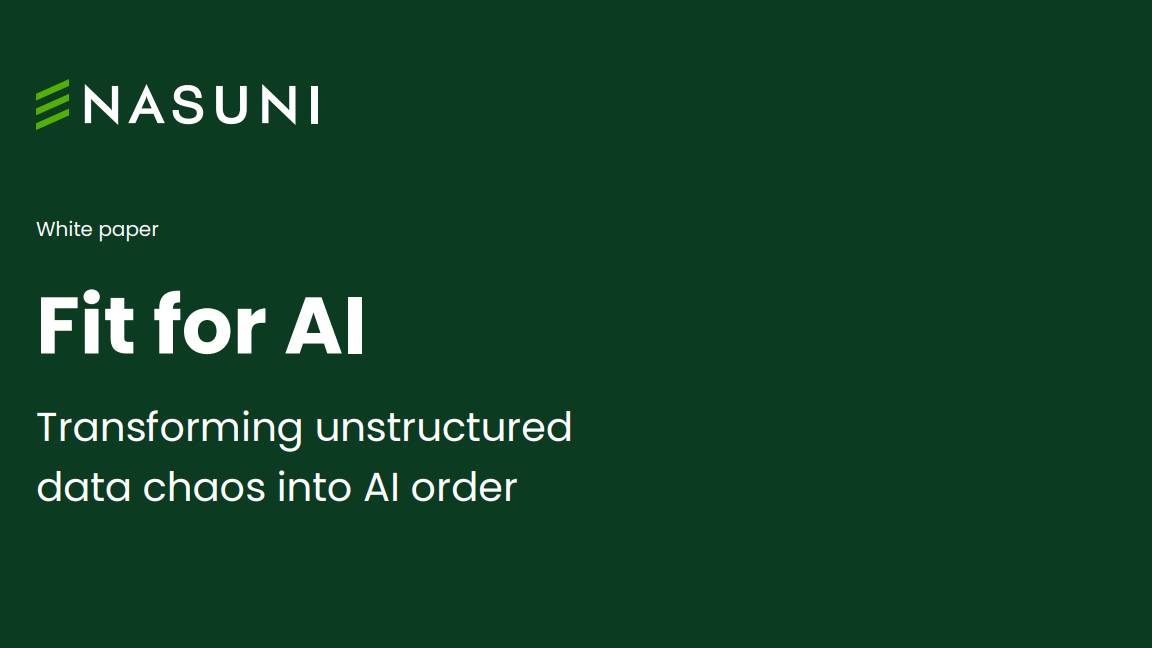 Fit for artificial intelligence
Fit for artificial intelligencewhitepaper Ensure data availability to applications and services with hybrid cloud storage
-
 Fit for AI
Fit for AIwhitepaper Ensure data availability to applications and services with hybrid cloud storage
-
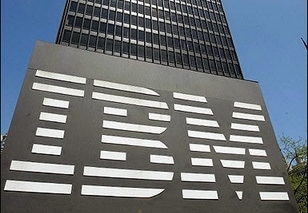 Five key orchestration capabilities to achieve AI value at enterprise scale
Five key orchestration capabilities to achieve AI value at enterprise scalewhitepaper Realize ROI through greater productivity and better business outcomes
-
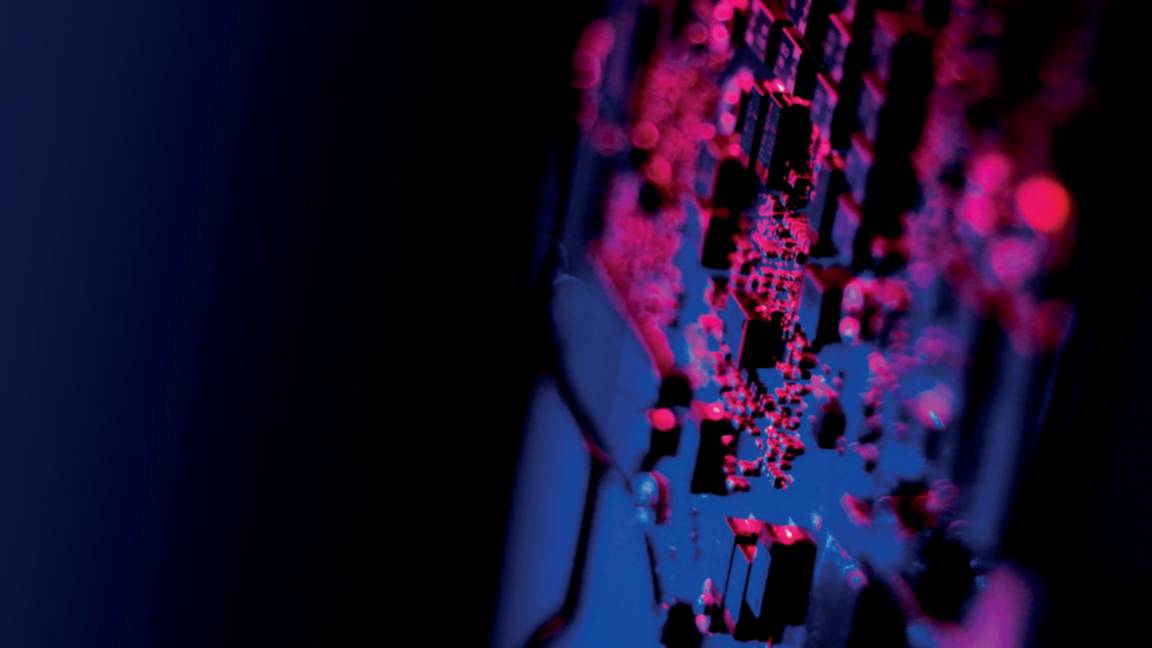 Empowering enterprises with AI: Entering the era of choice
Empowering enterprises with AI: Entering the era of choicewhitepaper How High Performance Computing (HPC) is making great ideas greater, bringing out their boundless potential, and driving innovation forward
-
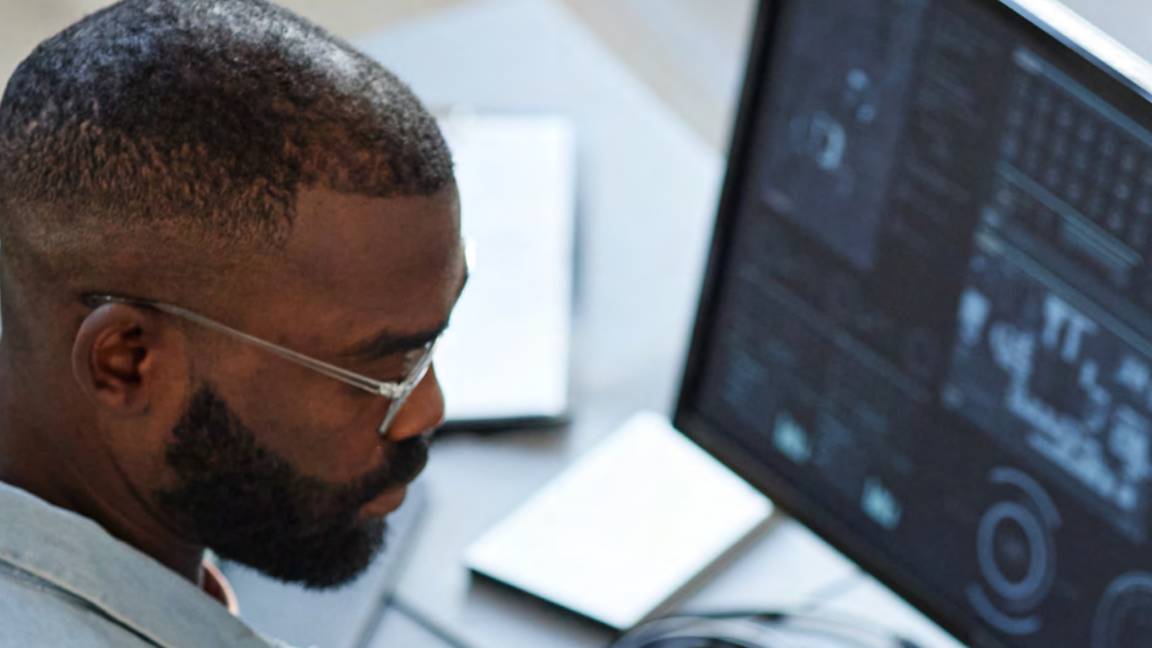 Reinventing procurement
Reinventing procurementWhitepaper From cost center to innovation driver
-
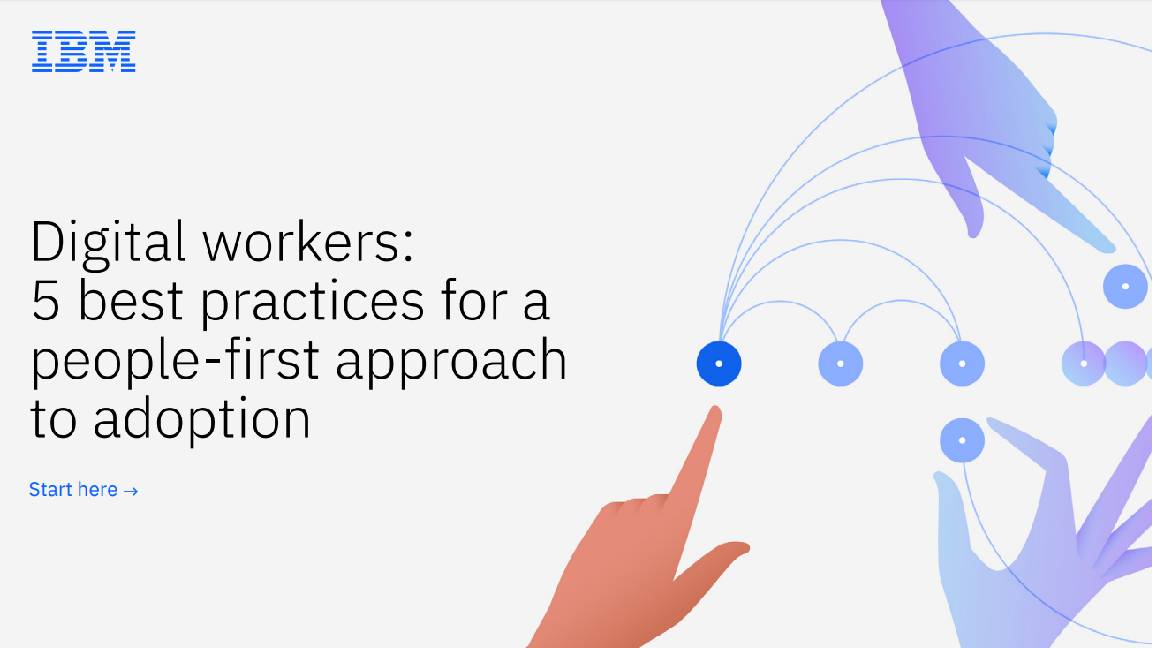 Digital workers: Five best practices for a people-first approach to adoption
Digital workers: Five best practices for a people-first approach to adoptionwhitepaper Realize ROI through greater productivity and better business outcomes
-
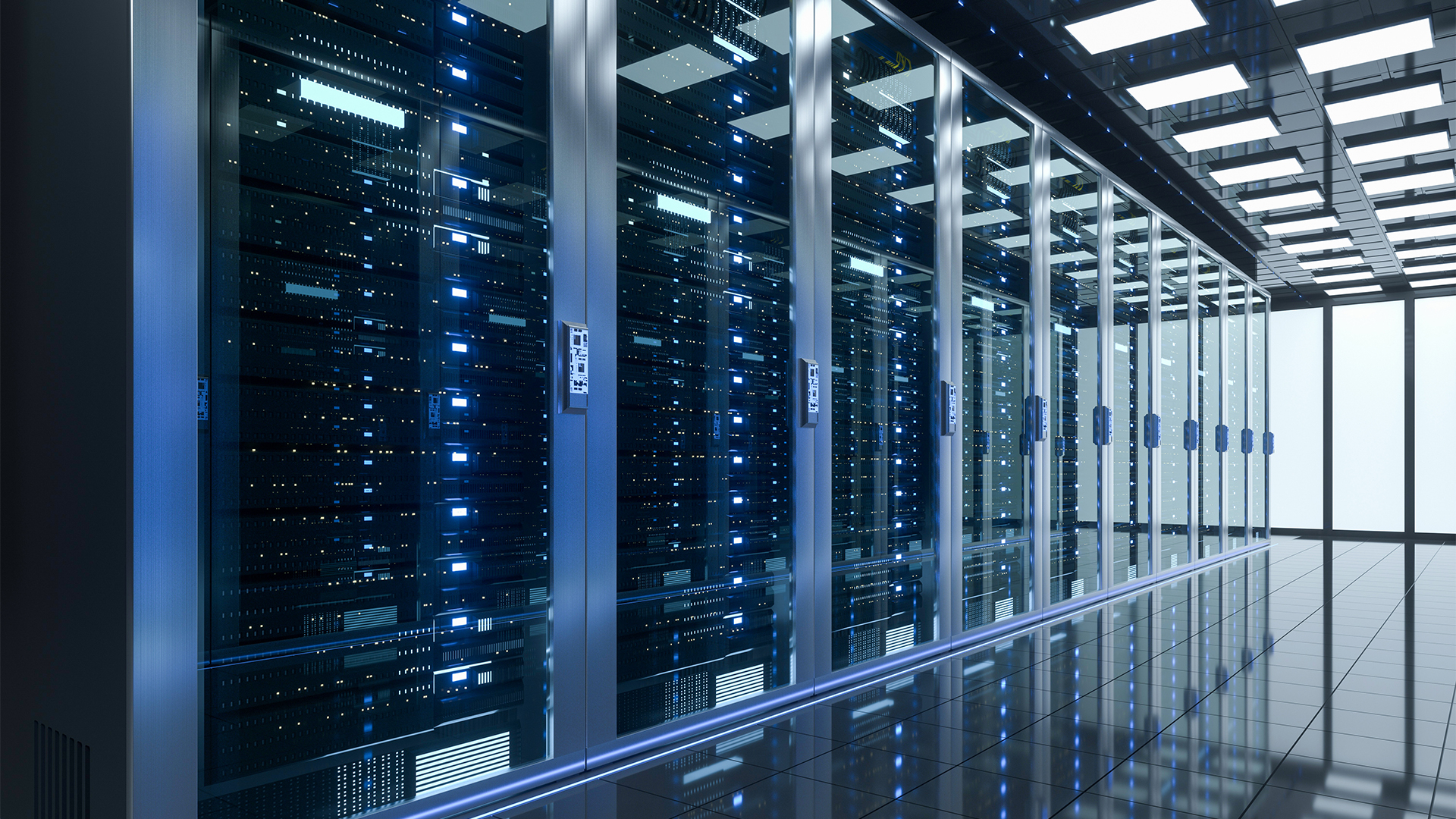 AI-assisted mainframe application modernization
AI-assisted mainframe application modernizationWebinar Solve application modernization challenges with generative AI
-
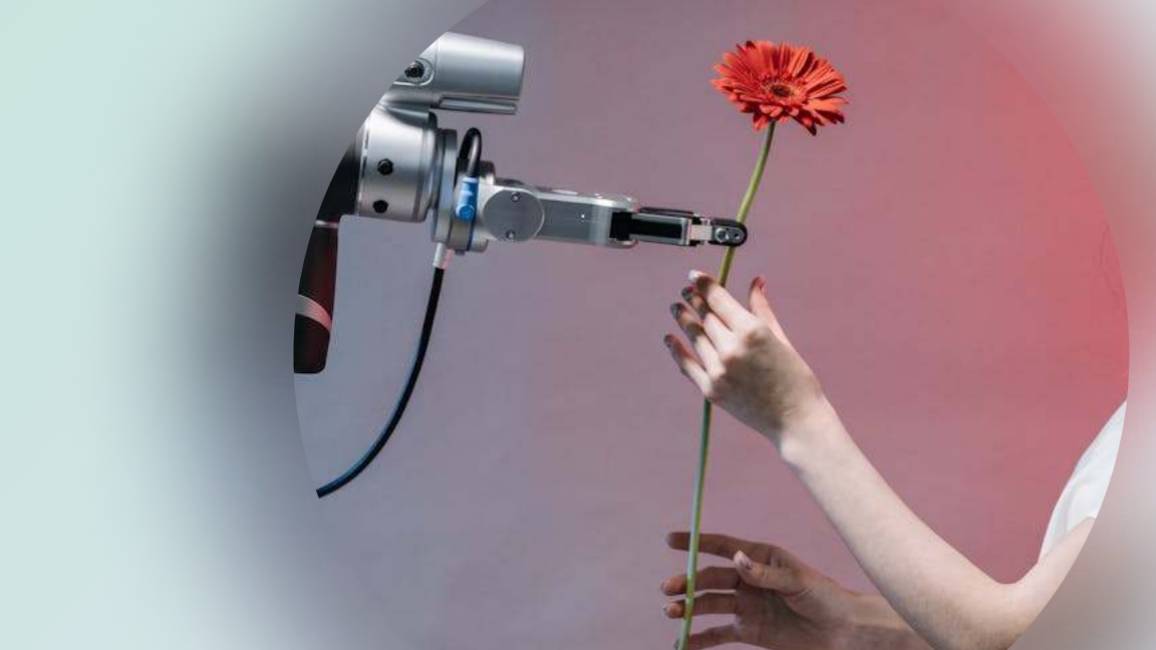 The language of innovation
The language of innovationwhitepaper Why and how to gain your customers’ trust with your AI and digital transformation strategy


